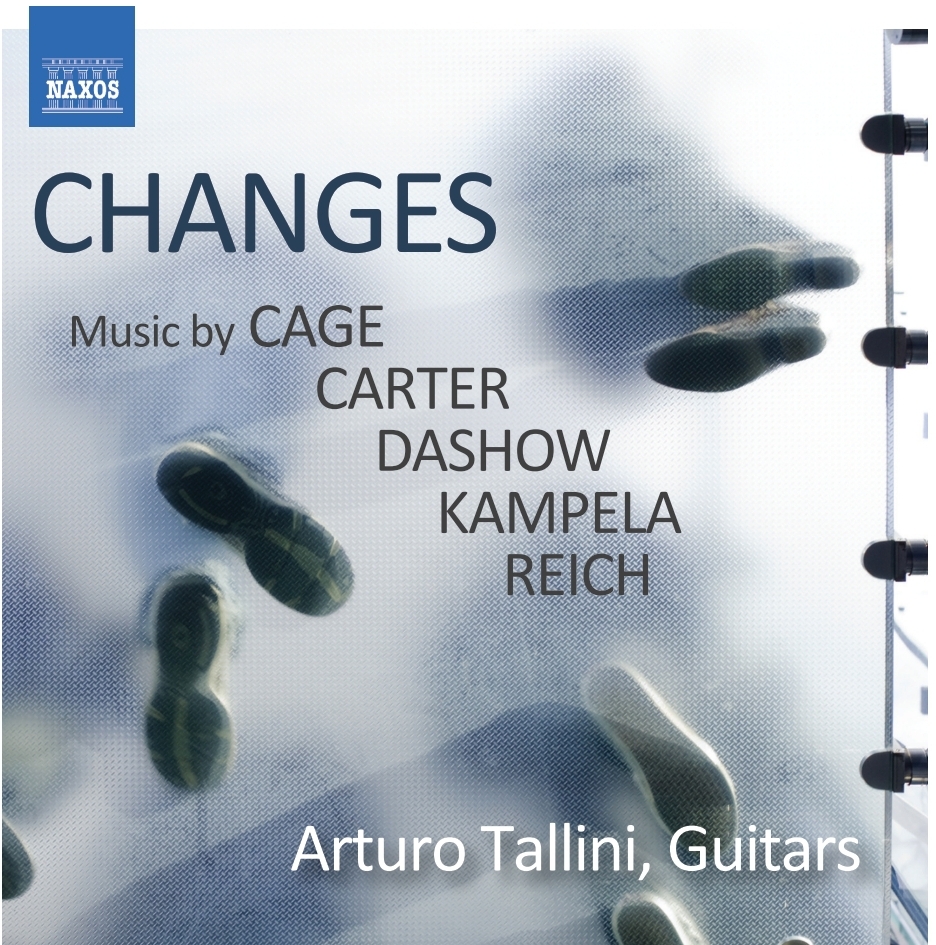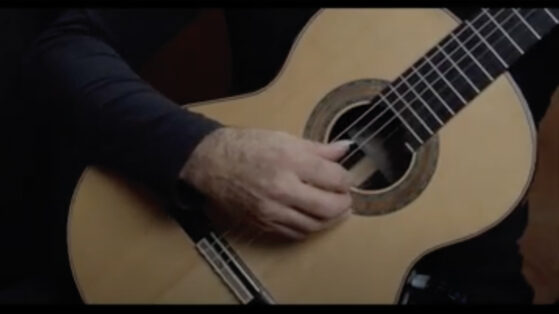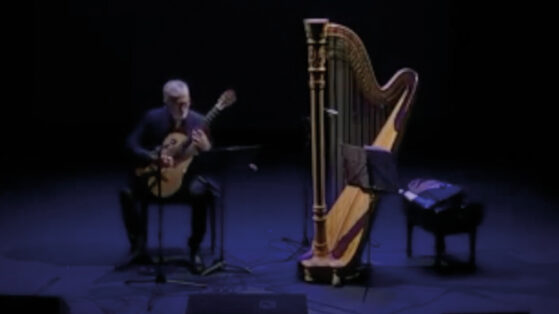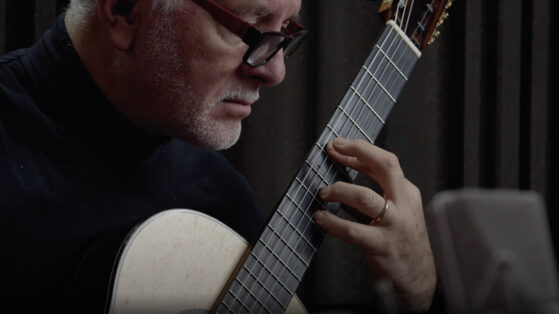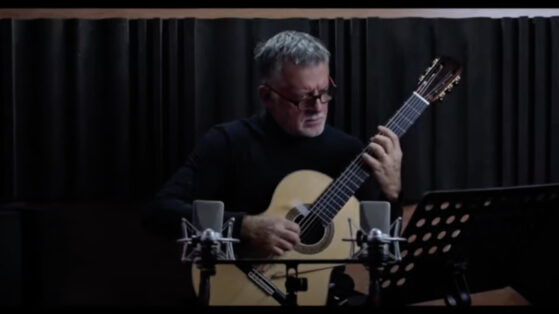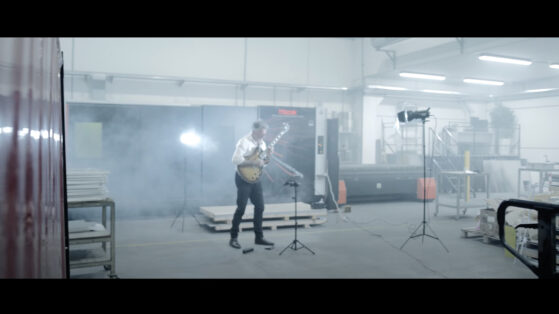CHANGES
CD Naxos. – 2022
In Electric Counterpoint by the American Steve Reich, the guitar is the electric one, accompanied by 12 acoustic guitars and 2 bass guitars (all pre-recorded in a separate track); Reich manages to draw a fresco that passes from the pulsating mechanicalness of the incipit, to the suggestive and hypnotic dreamlike color of the II movement, up to the dancing strength of the III movement, which winds at times between funky and pop.
Changes, by Elliott Carter, 102 years of music that marked the 20th and 21st centuries, is one of the masterpieces of the guitar repertoire: a piece of great technical and expressive difficulty, it requires extreme attention to how the sound is produced, to the precision of rhythmic detail, to the play of durations, which allow sudden and unexpected tonal shadows to emerge throughout the course of the piece. The continuous rhythmic ripples, the sudden changes in the dynamic and timbral palette, draw a landscape of continuous peaks and valleys.
John Cage‘s pieces are a translation for guitar (more appropriate term than transcription, in this case) from originals for piano. In the version of A Room, the classical guitar, through the insertion of objects between the strings, allows us to glimpse a completely different tonal world sound than usual. In the translation of Dream, for electric guitar, the initial dreamy and reassuring tonal arpeggios gradually dissolve into a progressively reverberating electronic sound, until each harmony is dissolved in a homogeneous and melancholy mixture of sounds.
Percussion Study n.3 (not to be confused with the better known n.1) by Arthur Kampela is a piece at the limits: executive limits and limits of perception, as it is built on a texture made of compositional, timbral and rhythmic micro-gestures that almost tells the elusive rhythm of a New York day; a continuous flow of evocations emerges from avant-garde music, from samba, from noise, from tango… The guitar seems to enter the listener’s perceptive world indiscreetly through a myriad of fragments until in the cathartic finale, the guitarist’s voice calls for a stillness alienating and paradoxically disturbing: thus, the final call to silence leaves the listener astonished and alone.
Ipiece is a great fresco for guitar and octaphonic electronic sounds.
Written by James Dashow for Arturo Tallini, the piece dramatically multiplies the guitar, making it a real ‘augmented instrument’ and creating contrasting sections, from a sidereal lyricism to a dialogue given angular traits, with an unpredictable rhythm that appears as unstoppable. Ipiece was born in the composer’s mind as an almost theatrical satirical piece, in which the interpreter acts as an actor as well as playing. On the CD you can listen to the music-only version, the first to be composed by the great American composer.



